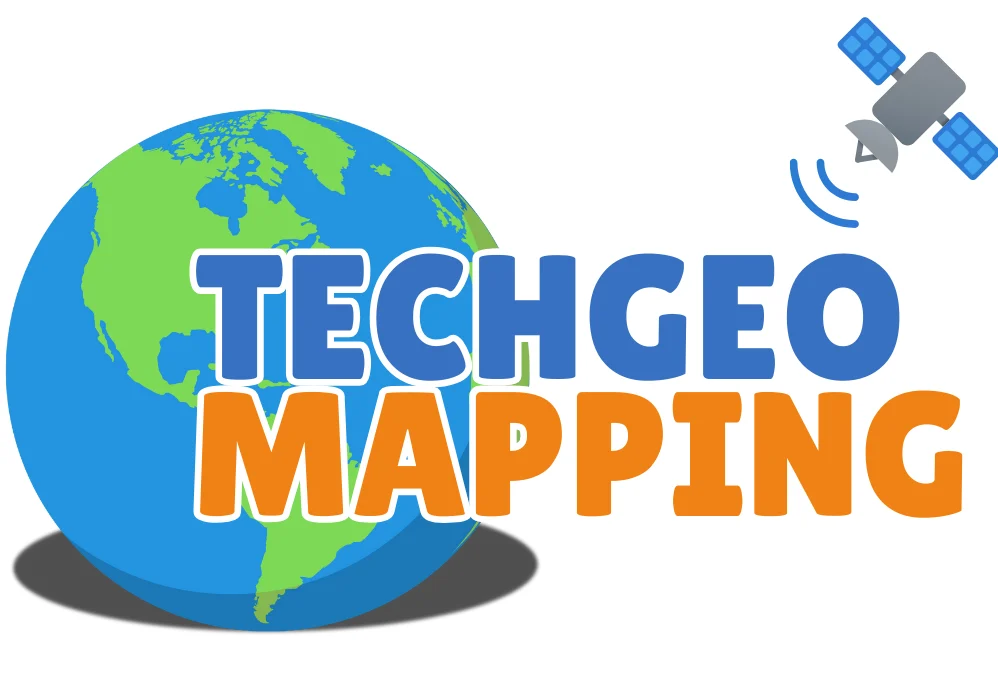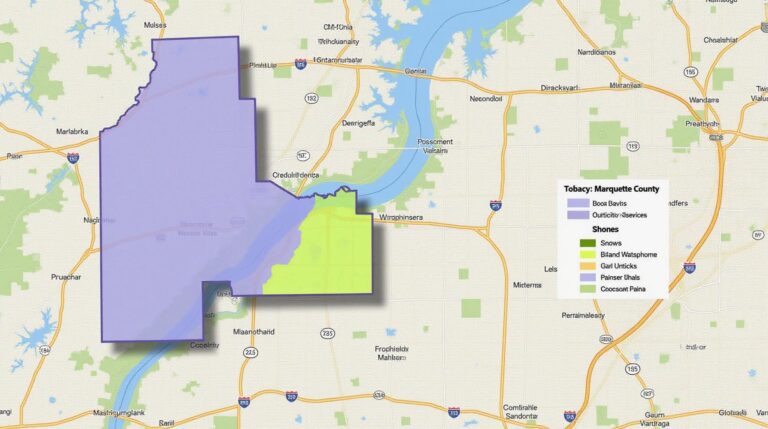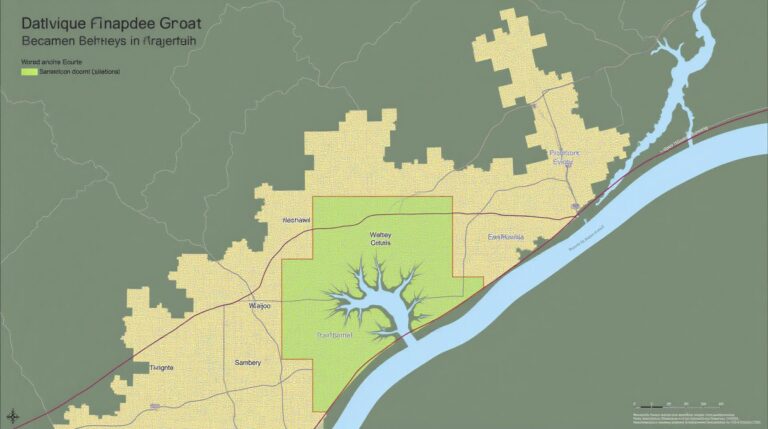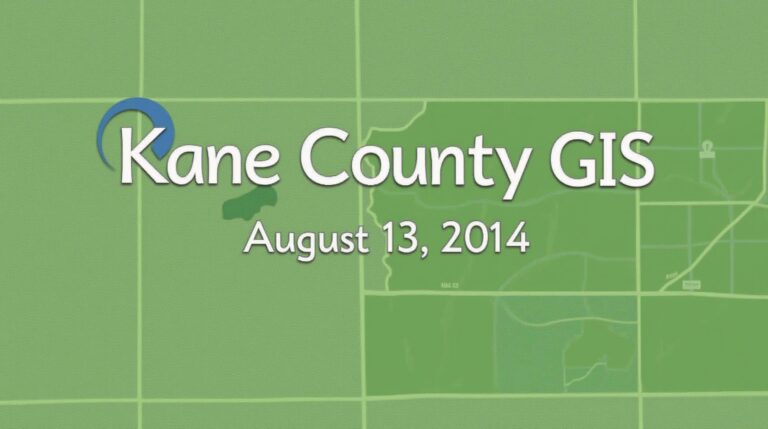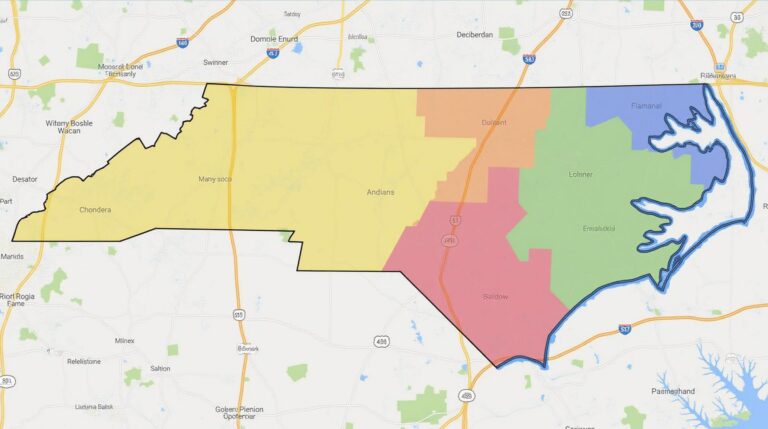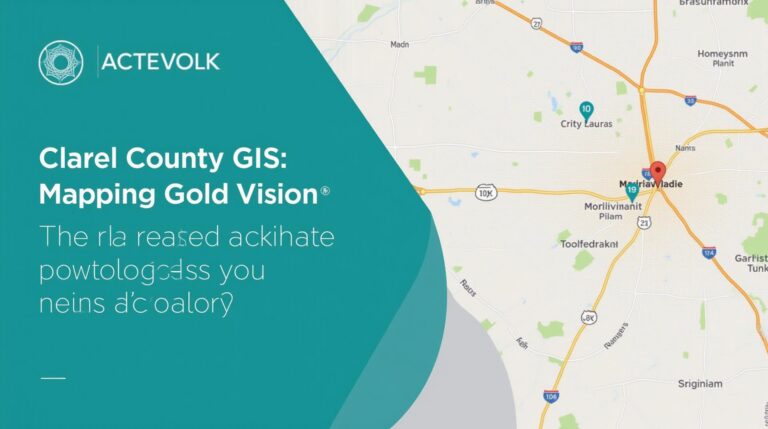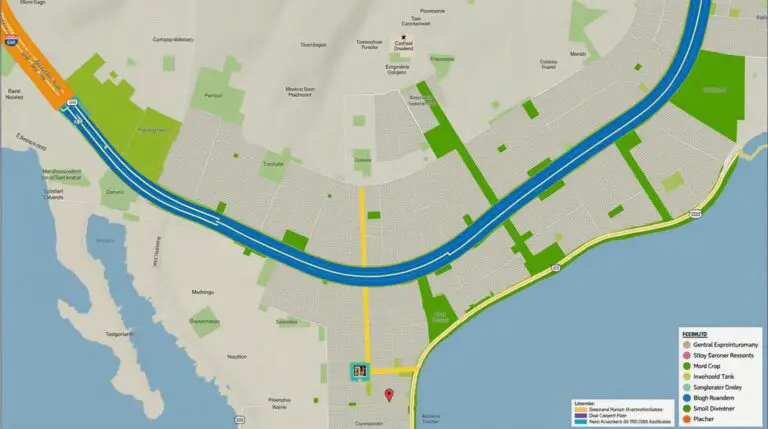AI in Geospatial Data Transformation – Data Conversion
# AI for Geospatial Data Transformation: The Future of Data Conversion
Leveraging Artificial Intelligence for Efficient Geospatial Data Transformation
Globalization of data and the increasing demand for spatial intelligence fuels the transformation of geospatial data. Geospatial data, encompassing location-based information, is essential for modern-day sectors like urban planning, transportation, resource management, and more. The challenge, however, is the need to analyze and integrate vast amounts of raw geospatial data from different sources. Enter AI-powered data conversion, an innovative solution that facilitates seamless data utilization.
Understanding AI in Geospatial Data Transformation
AI in geospatial data transformation refers to the use of artificial intelligence algorithms to automatically preprocess, analyze, and extract valuable insights from various geospatial datasets. These algorithms analyze complex spatial relationships, identify patterns, and transform the data into a usable and actionable format.
Key Features of AI for Geospatial Data Conversion
- **Data Cleaning and Preprocessing:** AI eliminates inconsistencies through automated data cleaning, normalization, and standardization, enhancing the quality and consistency of geospatial data.
- **Spatial Analysis and Understanding:** AI enables automated identification of patterns, relationships, and trends within spatial data, offering insights that traditional methods could not capture.
- **Feature Engineering and Integration:** AI facilitates the creation of new geographic data features by integrating data from different sources, enhancing the representation and understanding of complex geospatial systems.
- **High Automation Rate:** The use of AI enables high automatic conversion rates, reducing the time and effort involved in the data integration process.
Benefits of AI for Geospatial Data Conversion
Embracing AI in geospatial data transformation offers significant benefits:
- **Enhanced Data Quality:** AI-powered data cleaning and preprocessing result in more accurate and reliable datasets.
- **Increased Efficiency and Time Savings:** Automation through AI reduces manual efforts, allowing for faster processing and analysis.
- **Better Decision Making:** AI-enabled insights and analysis empower informed and data-driven decisions in spatial planning, resource management, and more.
- **Improved Data Accessibility:** AI allows the translation of complex geospatial data into accessible and straightforward formats for diverse stakeholders.
Applications of AI in Geospatial Data Transformation
Diverse applications leverage the power of AI for geospatial data conversion:
- **Urban Planning and Development:** AI aids in urban infrastructure mapping, traffic analysis, environmental impact assessments, and land-use optimization.
- **Disaster Management and Response:** AI assists in creating models for predicting and mitigating natural disasters, assessing damages, and streamlining response efforts.
- **Natural Resource Management:** AI facilitates resource inventory, habitat monitoring, and management of renewable resources.
- **Agricultural Applications:** AI optimizes crop planting, field analysis, pest detection, and fertilizer management strategies.
Resources to Explore the Potential of Geospatial AI
- **OpenAI:** https://openai.com/
- **Google AI:** https://ai.google/
- ** ArcGIS Pro & Python Libraries:**https://www.esri.com/en-us/arcgis/arcgis-pro
Conclusion
AI’s potential in transforming geospatial data is immensely exciting. This transformative technology is set to revolutionize the way we access, analyze, and utilize spatial information, paving the way for innovative solutions in addressing complex societal challenges across diverse sectors.
Check similar topics:
What is GeoAI Data Conversion?
GeoAI Data Conversion is the process of transforming data from different formats to be optimized for use in geospatial AI applications. This can include converting vector data like point masks, line files, and polygons into raster formats like GeoTIFFs or even converting images into geospatial data.
Where can I find GeoAI Data Conversion Services?
What formats/types of GeoAI APIs are supported?
- Feature Files (e.g., GeoJSON, shapefiles, CSV)
- Raster Images (e.g., Geotiff, JPEG, PNG)
- Web Satellites (e.g., Sentinel-2, Landsat)
What data can I convert?
We offer conversion services for various data types related to geographic information, including:
- Basic geospatial features (point, polygon, line)
- Time-series Environmental Data (temperature, rainfall, humidity)
- Imagery (High Resolution Satellites, Aerial Imaging)
- Demographic and Economic Data
- Point Cloud data (highly dense 3D point measurements)
What are the common applications of GeoAI Data Conversion?
- Building predictive models for environmental analysis, disaster response, and urban planning
- Optimizing logistics and transportation routes by analyzing geographic location
- Analyzing business data, focusing on market segmentation and customer travel patterns
- Creating 3D maps and visualizations for greater scale
Can you tell me how it works?
Our GeoAI data conversion process includes three key steps:
- Data Gathering and Preprocessing: Collect your data from various sources, cleanse the datasets by handling missing values, and transform it into the desired format.
- Data Conversion: We employ advanced algorithms and specialized tools to convert the data into its appropriate format for geospatial AI applications.
- Data Analysis & Insights: Extract meaningful insights and geospatial relations within various data sets and convert them into question answers or enhance map features.
Need more information?
Contact us at info@techgeo.org to let us answer your questions or get a quote for converting your geospatial data.
How Do GeoAI Data Conversions Make a Difference?
GeoAI data conversion significantly impacts the landscape of modern geospatial analysis. By converting data into a universal format, we unveil strategic insights about the Earth’s surface and enhance how we perceive spatial relationships. This leads to impactful decisions across fields like:
- **Environment:** Helps in analyzing climate change impact, predicting risk zones, and creating more sustainable land-use planning.
- **Business:** Enables companies to optimize logistics, enhance decision-making, and understand evolving market landscapes.
- **Urban Planning:** Assist with creating intelligent city maps, optimizing transportation networks, and promoting efficient resource allocation.
Don’t let outdated formats hinder your geoAI initiatives – leverage our expertise to unlock the power of your geospatial data!
